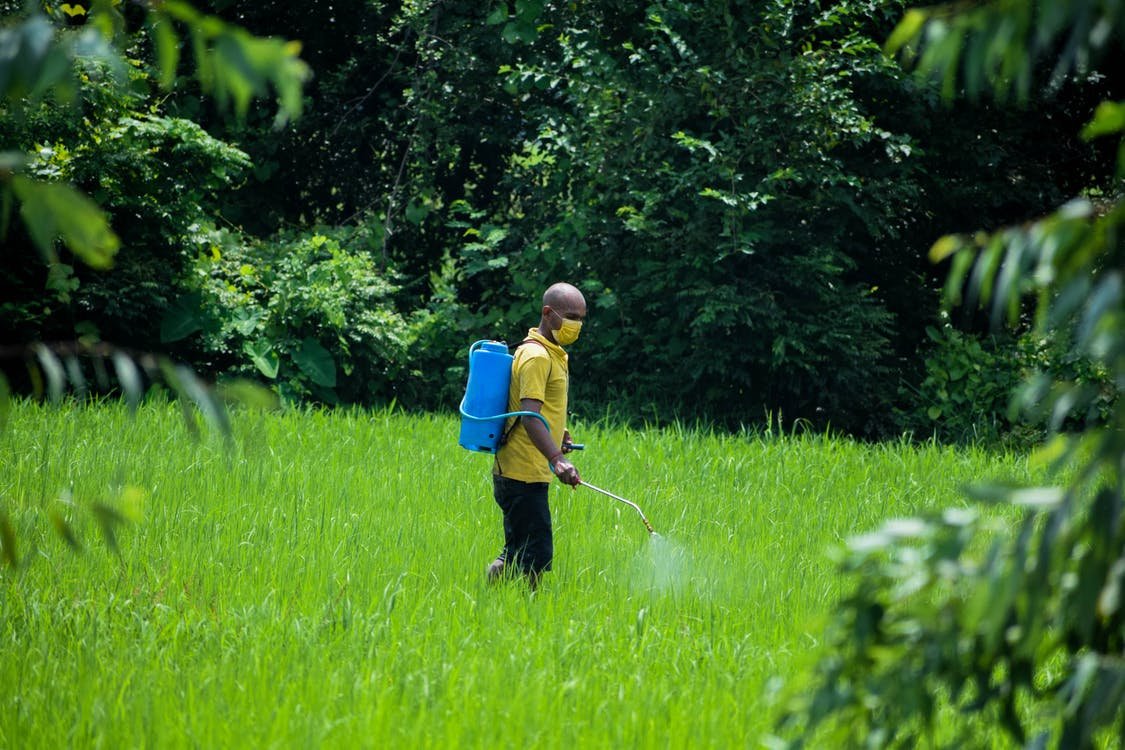What’s The Scoop On Organic Cotton?
When deciding whether to buy conventional versus organic, buying organic is almost always the way to go. This is especially true when it comes to buying products sourcing cotton.
In short, cotton is versatile. It's found in several essential clothing and household items, such as shirts, pants, underwear, bras, tampons, pads, Q-tips, towels, bed sheets, comforters, blankets, rugs, etc.
Don't get me wrong… any of the products listed above (and more) made out of conventional cotton are much healthier for you and the environment than those made out of synthetic fabrics. Still, organic is preferred over conventional, and here's why.
First, conventional cotton is one of the most chemically treated crops worldwide. This is problematic because the use of pesticides on the cotton doesn't come out of the fabric when washed, wreaking havoc on human health. Pesticides can be absorbed by the skin upon direct contact and can be inhaled due to their vaporization capabilities. Thus, the use of conventional cotton products in one's everyday life could be contributing to and could be an explanation as to why the exposed is suffering from allergies, asthma, cancer, and reproductive health issues.
Not only does the production and use of products made out of conventional cotton affect human health, but it also affects the health of our environment.
Growing, sustaining, and sourcing conventional cotton takes place in unhealthy soil. Due to the soil's uninhabitable condition, more water is required to grow and maintain the cotton over time. In contrast, organic cotton only requires one-tenth of the water necessary to sustain the same amount of conventional cotton. This is all due to the high fertility of the soil organic cotton is planted in; the high fertility of the soil can be attributed to the guidelines enforced for organic farming, including but not limited to the prohibition of most synthetic fertilizers and pesticides. The higher the fertility of the soil, the better it is at absorbing and using water, and vice versa.
In addition, growing, sustaining, and sourcing conventional cotton yields up to 46% more greenhouse gasses than farming organic cotton, ultimately contributing to climate change. The use of machinery, irrigation systems, soil fertilizers, and pesticides contribute to the high greenhouse gas emission seen in conventional farming practices, all of which do not play a significant role in organic farming.
Are you convinced yet? That organic cotton is better than conventional.
If growing, sustaining, and sourcing organic cotton reduces our risk for diseases induced by toxic chemicals, improves the condition of our soil, uses less water, and releases fewer greenhouse gasses, why is less than one percent of cotton grown organically?
Convenience.
In a world of eight billion people, efficient practices have been put in place to mass produce. Thus, conventional farming came about, and with conventional farming comes damage to the soil. Hence, it takes a minimum of three years to convert a conventional farm to an organic one.
That's why it is important to vote with your dollar. The higher the demand for organic products, especially those made with and of cotton, the more farm conversions there will be to keep up with the market, ultimately contributing to added availability of organic cotton products in stores and places we visit daily.
How great would it be to live in a world that not only conveniently sells such products but also confidently uses the products in hopes of improving their consumers' health? So great.
Until then, awareness of this issue and of the brands that already do their part is critical.
Recently, I wrote a blog post about non-toxic clothing lines that sell organic cotton products and are Holistic With Heidi Approved. If you missed it, the brands include Mate The Label, Pact, WVN, Laude The Label, and Kings of Indigo. For more details, be sure to check that post out to learn more about what each brand has to offer.
In addition, several brands sell the essentials, including tampons, towels, and bedding.
I love the brands Coyuchi, Sol Organics, and Pact for bedding (sheet sets, pillowcases, comforters, duvets, etc.). As a bonus, they all offer super cute colors in each product. Coyuchi and Pact also sell towels.
There are several other brands out there. The good news is that more and more brands are transitioning to using natural, organic materials in their products instead of synthetic fibers. If I failed to mention any of your favorite brands, I'd love for you to send me an email or a DM on Instagram to let me know! I love hearing from you all and am always here as a resource for you all!



